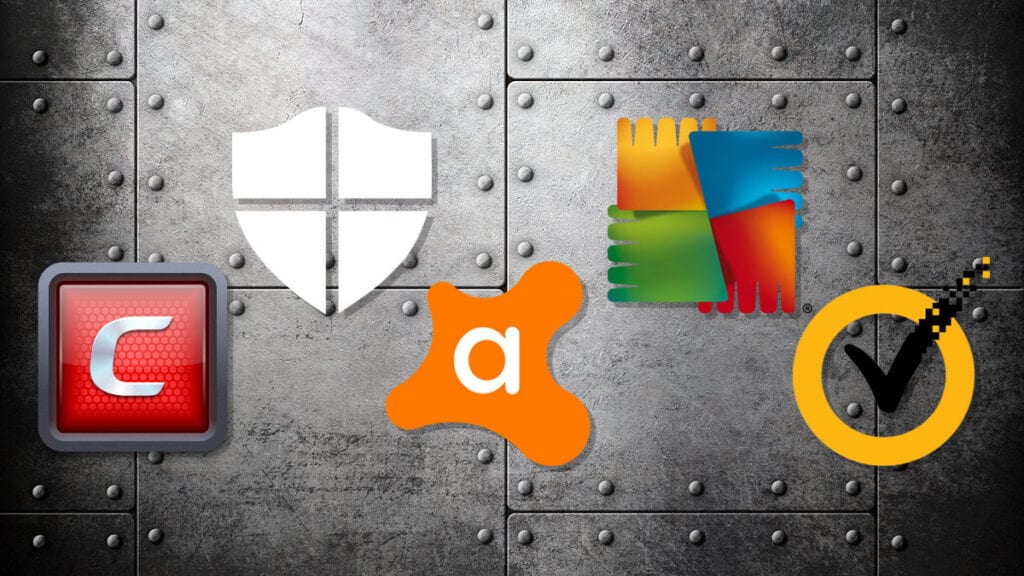Over the course of 2024, virtually every aspect of our lives has moved online, a phenomenon unprecedented in its reach and scale. While the trend towards digital alternatives is nothing new, the elements of necessity and danger which have driven this change are extremely ominous. The peril is far from over.
With the move to online interaction on a massive scale comes the proportionally larger issue of privacy and security concerns. The danger does not lie simply with viruses and ransom attacks but also shortcomings in the software that we are using en masse.
The problem is that in most cases, these programs and apps are essential for work and/or coping with lockdown restrictions. It can seem almost impossible to navigate this labyrinth. However, you can protect yourself and your family by abiding by some simple and straightforward rules.
Use updated antivirus software

Whether it is your smartphone, tablet, laptop, PC, or fridge, it can be hacked if it connects to the internet. While computer viruses can be a serious problem, most of them can be stymied by using updated antivirus software.
The keyword here is ‘updated’. Thousands of new malicious programs are created every year. Their designers study antivirus programs and then create viruses that exploit the shortcomings they find. In response, antivirus program designers create algorithms to patch these gaps. It is a cat and mouse game where we, the public, are always on the back foot.
Some antivirus programs are extremely expensive and the cost factor can discourage many consumers. However, there are also several very capable free antivirus programs. While the paid versions may be marginally better at maintaining up-to-date virus definitions, the no-cost alternatives suffice for most of us.
Verify your contacts

Some people collect online friends like a hobby. This is harmless and good fun on its own but there can be a darker side to it as well. To understand the pitfalls, you have to understand how social media circles work.
You are a node in a network, connected to each of your friends. In that sense, everyone who is friends with you online is indirectly connected to each other through you. So, when you accept a friend request, you welcome that person into an exclusive inner circle. We have all had the experience of becoming online friends with people who are contacts of contacts.
Adding new contacts without scrutiny can potentially open you – and everyone else in your circle – to a greater risk of hacking and fraud. This is an even greater problem if you are a business. For the enterprise, according to sumsub.com, one of the simplest and yet most effective methods is to employ a real-time id verification service.
As an individual, on the other hand, the best solution is simply to take more care when adding friends and accepting friend requests.
Check app permissions

When was the last time you checked an app’s permissions before you downloaded and installed it? If you did make the effort to read the list, how much did you understand?
Despite our aversion to the government collecting information about us, we freely give away the most intimate and sensitive data to private companies. Hardly anyone looks at the series of permissions an app asks for. Compounding the problem, app designers themselves make the language vague and ambiguous.
Here are some of the most common and potentially the most dangerous permissions:
- Contacts – The names, phone numbers, addresses, and all other information you have saved about every contact in your address book.
- Telephone – Your phone number, network provider, call list and records, voicemail, and device-specific information.
- Storage – Read and edit every file on your device, whether it is text, image, audio, or video.
- Location – Your precise location 24 hours a day based on your network and/or GPS.
There are many more similar permissions that have the potential for abuse. One simple rule to follow is to check whether the permissions are excessive. For example, a flashlight app should not need access to your contacts and telephone to function. If it does, opt for another app that is less intrusive.
Control video access

- Webcams
Virtual meetings are de rigueur today, and many of our interactions with family, friends, colleagues, and even stores take on a digital format. The risk here comes with the fact that almost all our devices from smartphones to laptops to desktops have integrated cameras and microphones.
Hackers have been known to access the webcams on such devices remotely. The first concern is, of course, privacy. Most of us have a laptop or PC in our bedrooms where the camera’s field of view can capture us when our guard is down. There have been cases where still images and video captured in this manner has been used for blackmail.
The other concern is security. For someone with access to the cameras, it is like watching a security feed. They can tell where you are in the home, whether you are asleep as well as when you leave the premises. This allows them to plan robberies with precision and almost no effort.
For a problem with such serious ramifications, the solution is exceedingly simple. Just cover the camera when it is not in use. Some devices come in with built-in privacy shutters that you slide across the lens. Similar accessories can be brought separately, too. You can get the same result at no cost with an opaque material and some tape.
- Security cameras
While surveillance cameras are a very effective way of maintaining security around a home or business, they can be turned against you. Again, the weak point is connectivity. Many home security networks transit data wirelessly and this information can be intercepted remotely. That would allow someone outside the premises to view and possibly even disable the system.
The likelihood of this scenario can be greatly reduced by updating the system software and ensuring all security protocols are valid.
Our world is forever changed and will likely never return to the way it was before. With the challenges of this ‘new normal’ comes an added sense of awareness and responsibility. By employing the four basic strategies outlined above, you can virtually eliminate the risk for yourself, your family, home, and business.
 Imagup General Magazine 2024
Imagup General Magazine 2024



